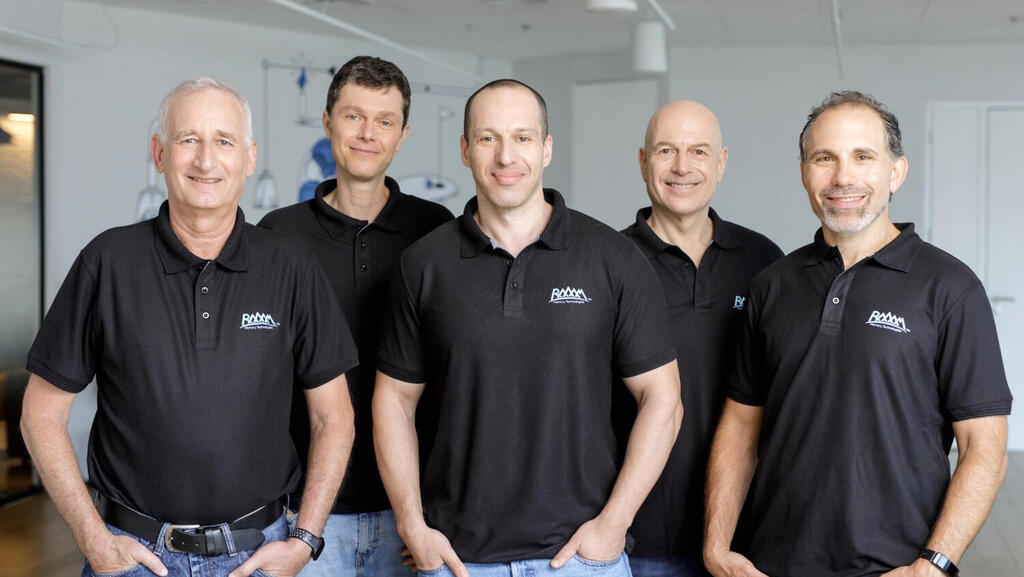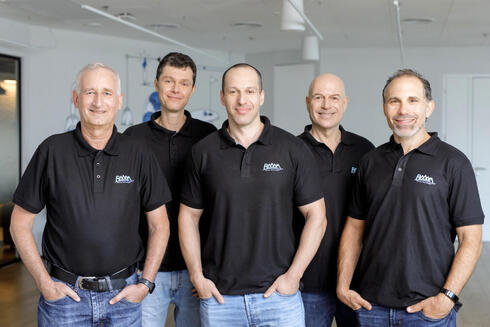
Chip giant NXP leads $17.5M Series A for Israeli startup tackling AI’s memory bottleneck
RAAAM Memory Technologies’ “GCRAM” promises denser, lower-power on-chip memory as the semiconductor industry races to support next-generation AI processors.
RAAAM Memory Technologies, an Israeli startup developing next-generation on-chip memory, announced it has raised $17.5 million in a Series A round led by chip giant NXP Semiconductors. The round included participation from a leading multinational networking corporation, IAG Capital Partners, the European Innovation Council (EIC) Fund, LiFTT, Alumni Ventures, and existing investors such as J-Ventures, Silicon Catalyst Ventures, and Serpentine Ventures. The new financing brings RAAAM’s total funding to more than $24 million, including previous equity investment and an EIC Accelerator grant.
Full list of Israeli high-tech funding rounds in 2025
The capital will be used to complete full qualification of RAAAM’s patented “GCRAM” memory technology across leading-edge process nodes at several top-tier foundries. The company said it has already demonstrated the technology in silicon and is collaborating closely with NXP.
“Our solution promises to resolve the memory bottleneck in leading-edge AI chips through significant memory density improvement and lower power consumption compared to SRAM,” said Robert Giterman, RAAAM’s co-founder and CEO.
RAAAM’s GCRAM aims to deliver up to 50% area reduction and up to tenfold power savings relative to high-density SRAM, the workhorse of on-chip memory today. Unlike emerging memory types that require specialized materials or fabrication, GCRAM can be manufactured in standard CMOS processes and used as a drop-in replacement, enabling chipmakers to expand memory capacity without costly redesigns.
Related articles:
From the investor side, NXP’s Victor Wang, Vice President of Front-End Innovation, described RAAAM’s approach as addressing a “critical challenge” in advanced chip design. “We’ve collaborated with RAAAM for several years and have seen first-hand the potential of their on-chip memory technology,” he said. “It can deliver significant density and power gains across multiple applications.”
The company, founded in 2021 by Robert Giterman (CEO), Andreas Burg (Head of Technology), Adam Teman (Scientific Advisor), and Prof. Alexander Fish (Innovation Advisor), RAAM is headquartered in Israel with an R&D center in Switzerland. It employs 22 people in total.
